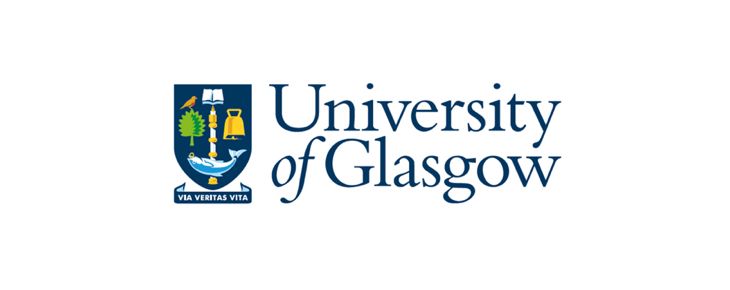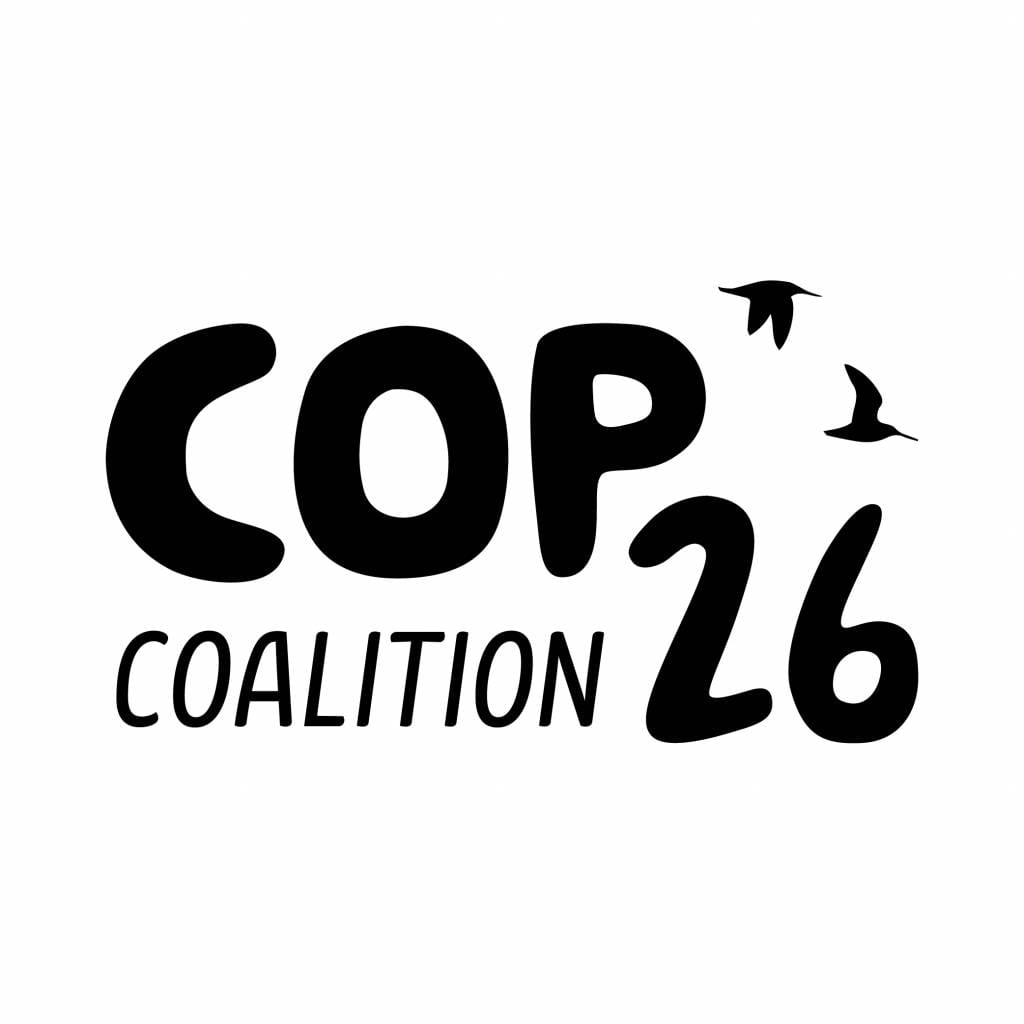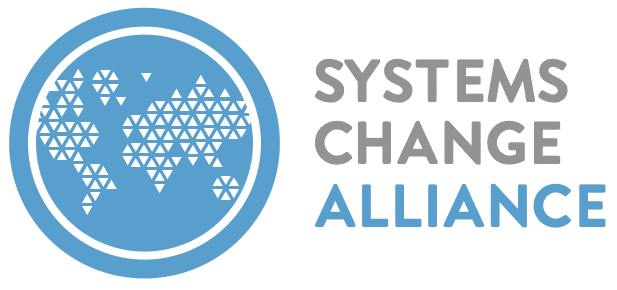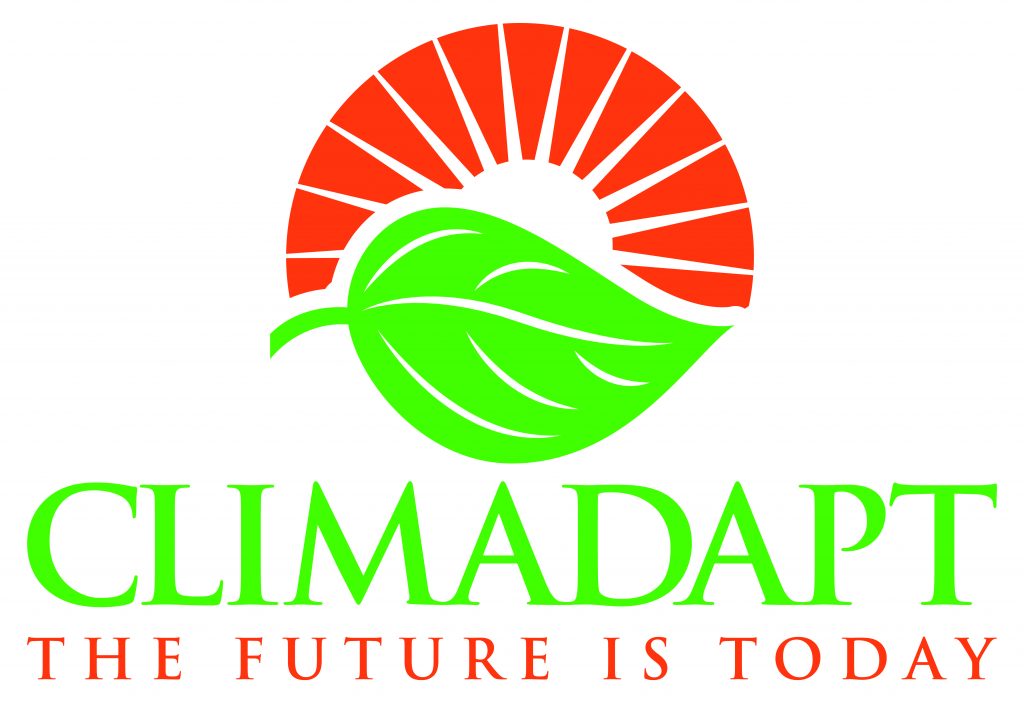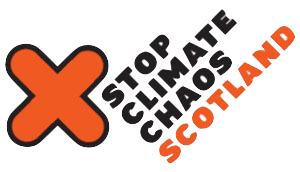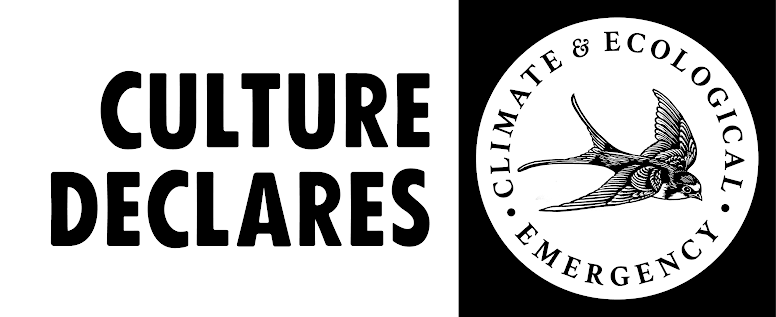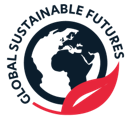Virtually every past civilization has eventually undergone collapse, a loss of socio-political-economic complexity usually accompanied by a dramatic decline in population size. Some, such as those of Egypt and China, have recovered from collapses at various stages; others, such as that of Easter Island or the Classic Maya, were apparently permanent. All those previous collapses were local or regional; elsewhere, other societies and civilizations persisted unaffected. Sometimes, as in the Tigris and Euphrates valleys, new civilizations rose in succession. In many, if not most, cases, overexploitation of the environment was one proximate or an ultimate cause.
But today, for the first time, humanity’s global civilization—the worldwide, increasingly interconnected, highly technological society in which we all are to one degree or another, embedded—is threatened with collapse by an array of environmental problems.’
– Professor Paul Ehrlich

Virtually every past civilization has eventually undergone collapse, a loss of socio-political-economic complexity usually accompanied by a dramatic decline in population size. Some, such as those of Egypt and China, have recovered from collapses at various stages; others, such as that of Easter Island or the Classic Maya, were apparently permanent. All those previous collapses were local or regional; elsewhere, other societies and civilizations persisted unaffected. Sometimes, as in the Tigris and Euphrates valleys, new civilizations rose in succession. In many, if not most, cases, overexploitation of the environment was one proximate or an ultimate cause.
But today, for the first time, humanity’s global civilization—the worldwide, increasingly interconnected, highly technological society in which we all are to one degree or another, embedded—is threatened with collapse by an array of environmental problems.’
– Professor Paul Ehrlich
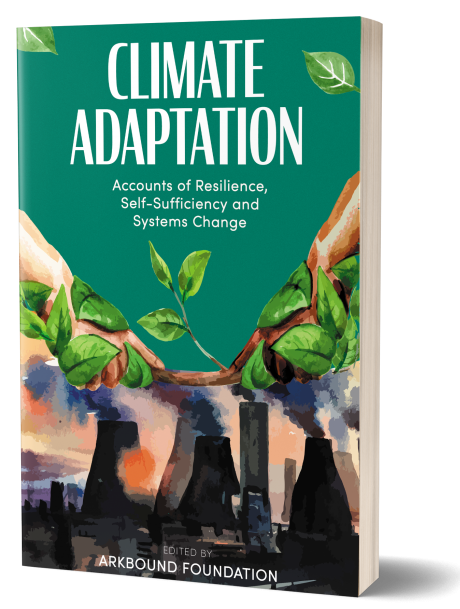
You can now order the book from https://arkbound.com/product/climate-adaptation-accounts-of-resilience-self-sufficiency-and-systems-change/
Authors include:-
- Dr Ashish Kothari, who presents ‘a pluriverse of radical alternatives’, with a focus on India and the Global South.
- Professor Rupert Read, who explores the concept of ‘Transformative Adaptation’ for structural change.
- Dr Morgan Phillips, who looks at ways in which Himalayan communities have already faced the impacts of climate change and how they have adapted to it.
- Dr Ester Barringa, who reviews different local currencies developed for and by vulnerable communities.
- Fazeela Mubarak, who presents the devastating details of the 2017 Lima drought and how similar drought events can be dealt with.
- Dr Janis Steele, who takes a look at the important role of women’s leadership in the context of climate actions in the South Pacific island nation of Vanuatu.
- Sylvie Lodie, whose analysis of the Congo drought has implications for other African nations and food security.
Case studies from ecological communities are included throughout, presenting a ‘blueprint’ of adaptation for near future events. At the same time, readers discover the importance of Earth’s interconnected ecosystem – from the ocean to the soil – with much of this knowledge already grasped by indigenous communities centuries before Western society. In the words of Pablo Solon: ‘we have to learn from the past, from those who lived in harmony with nature’. For the first time, we are bringing such knowledge alongside that of the latest science and setting out ways in which people can use it to prepare, adapt and empower themselves.
We also hosted events to link in with the book’s publication and other work around climate adaptation and building community resilience, highlighting the need for socio-economic systems change. Please check out our social media for details of these events, with recorded interviews also visible on YouTube.
Funders
We are a small, lived experience charity. Alongside all the fantastic volunteers, generous individual donors and in-kind support that has been given to this project we are very grateful to our funders below:-
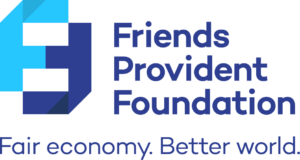
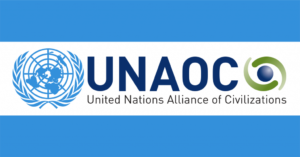

Project partners

